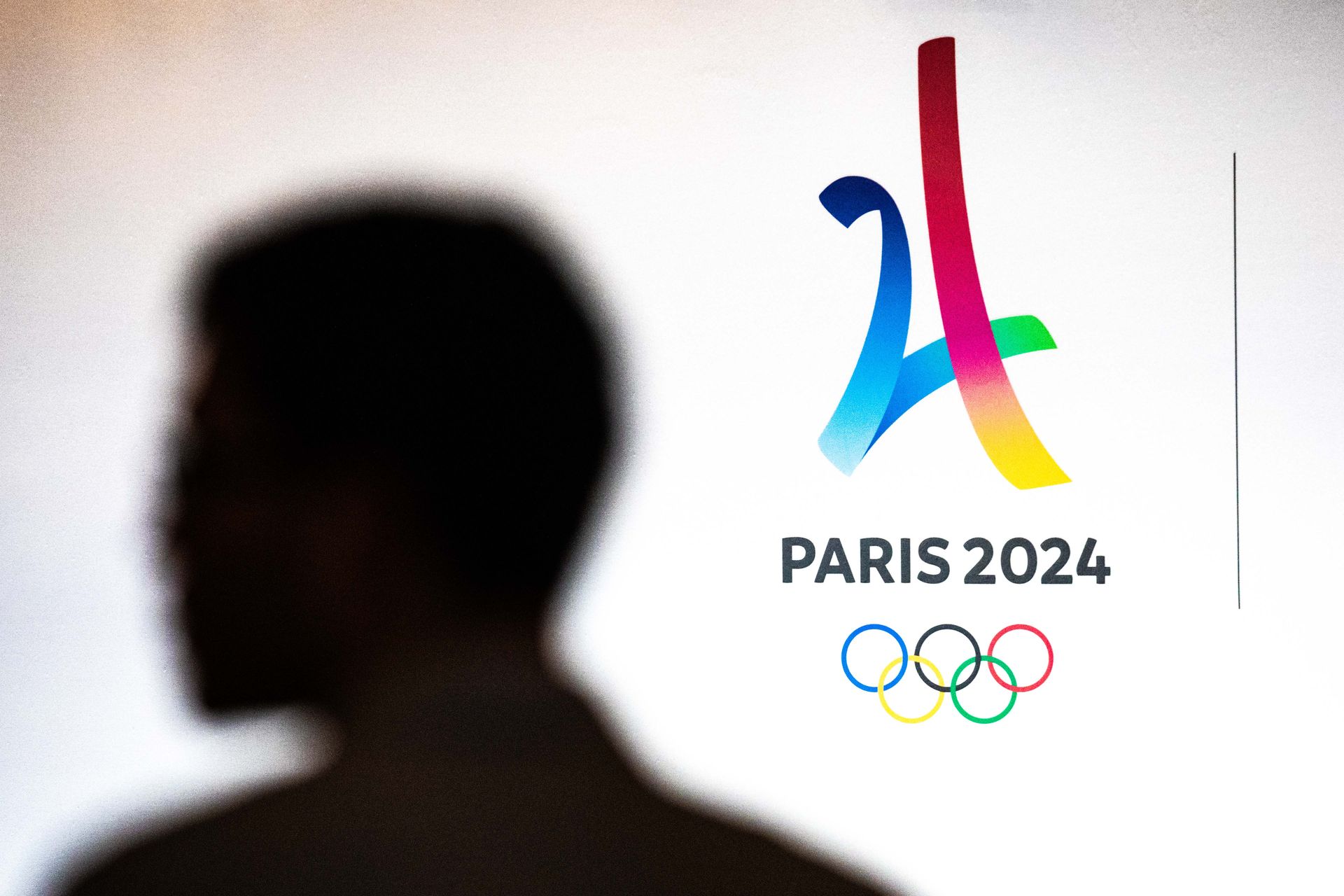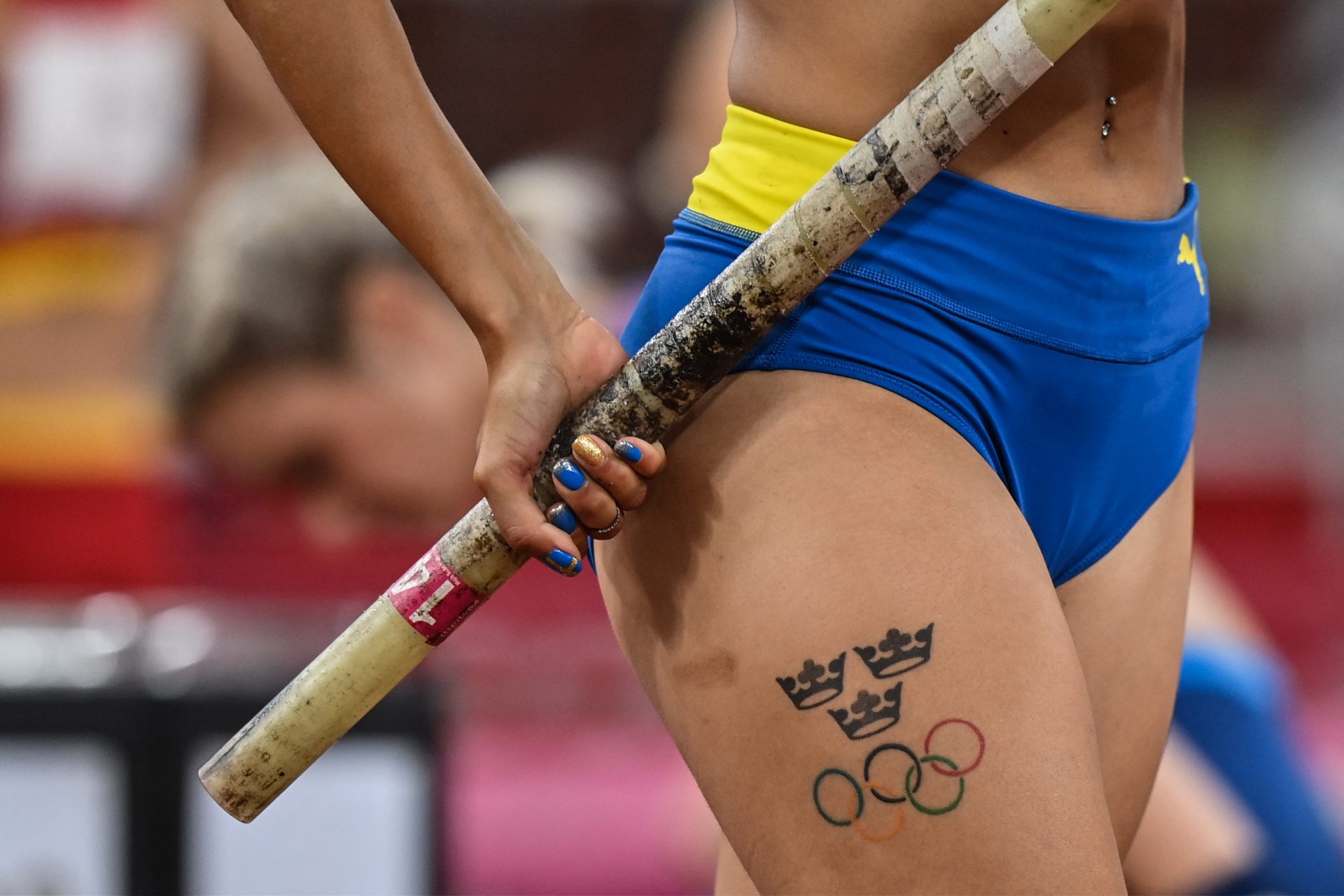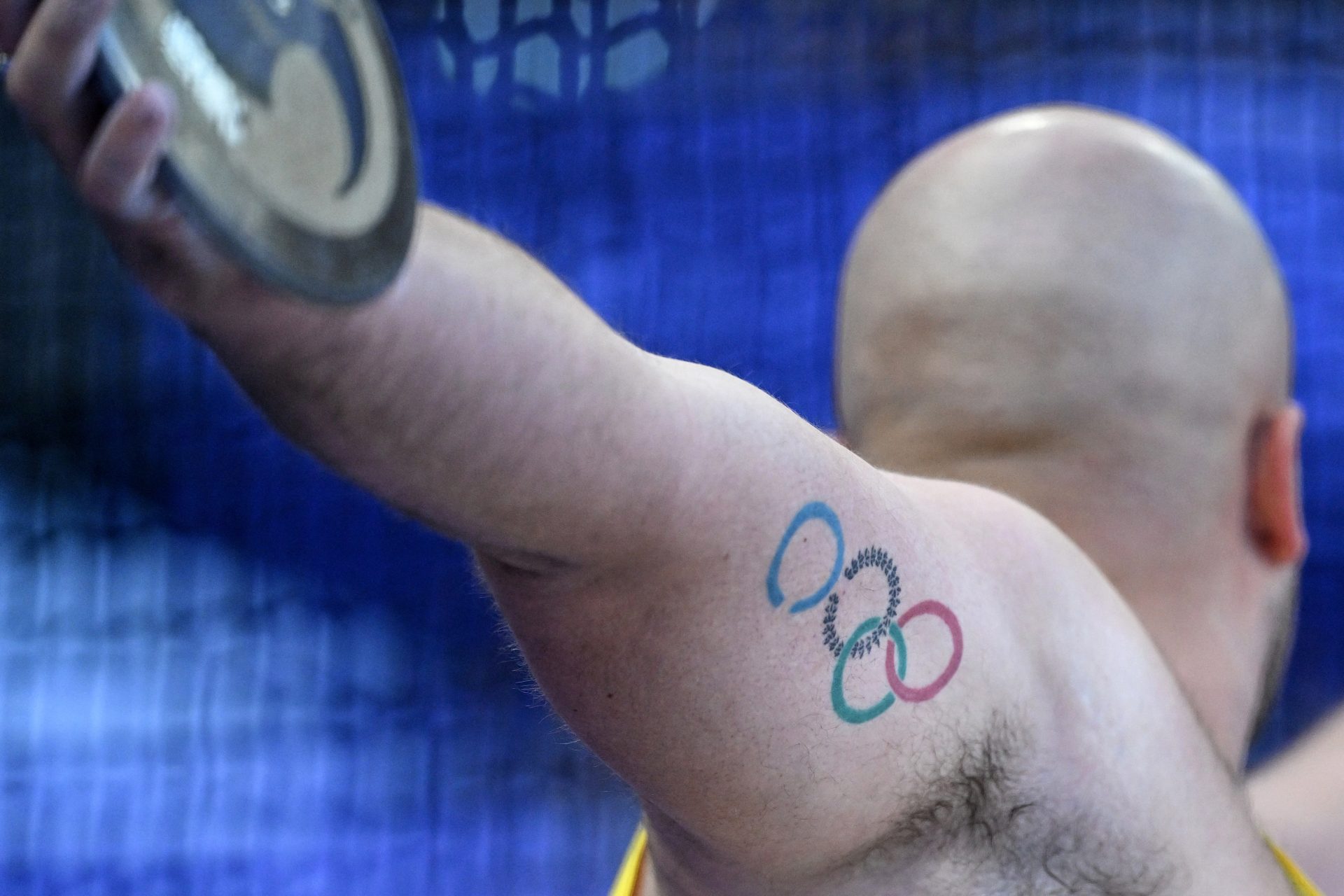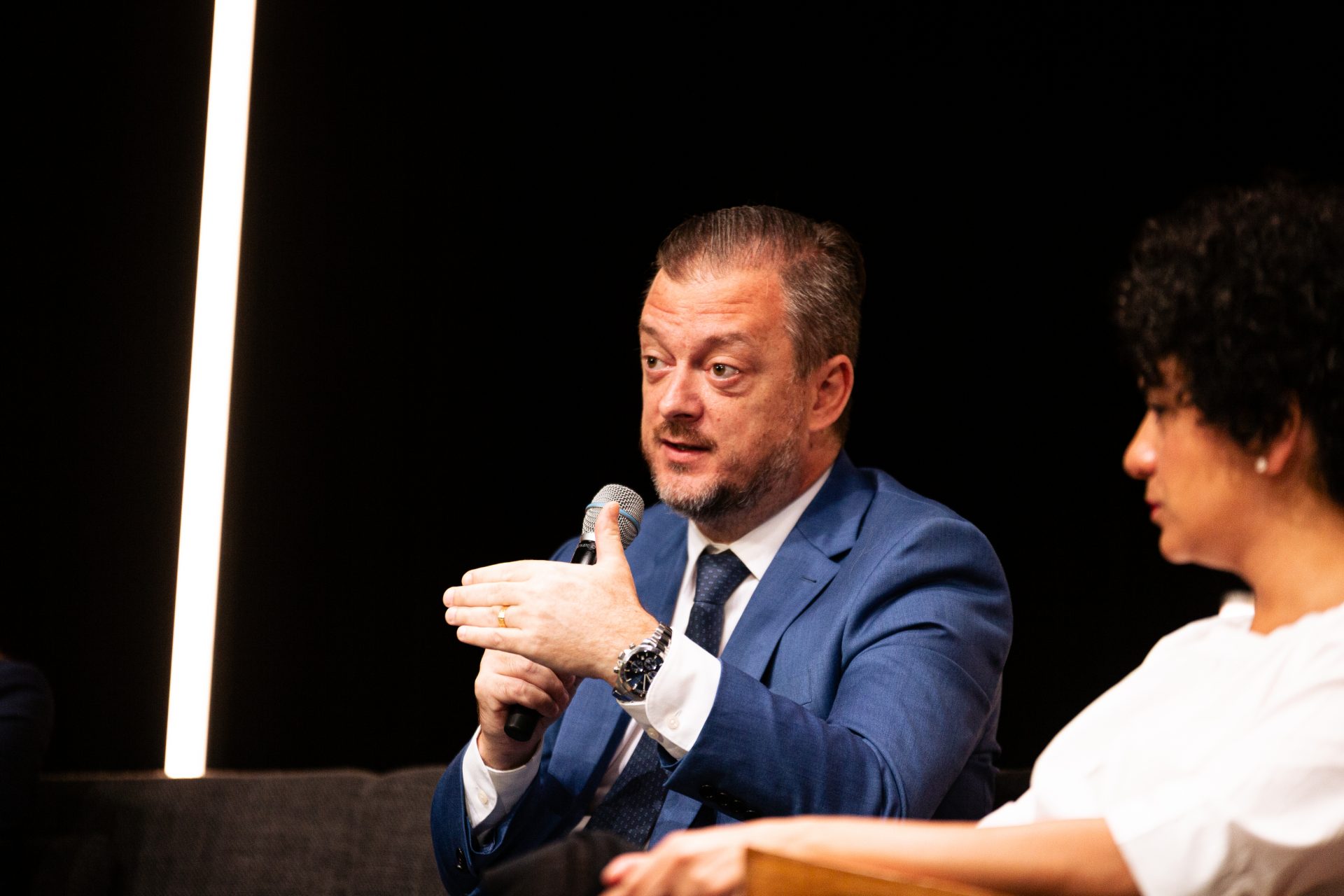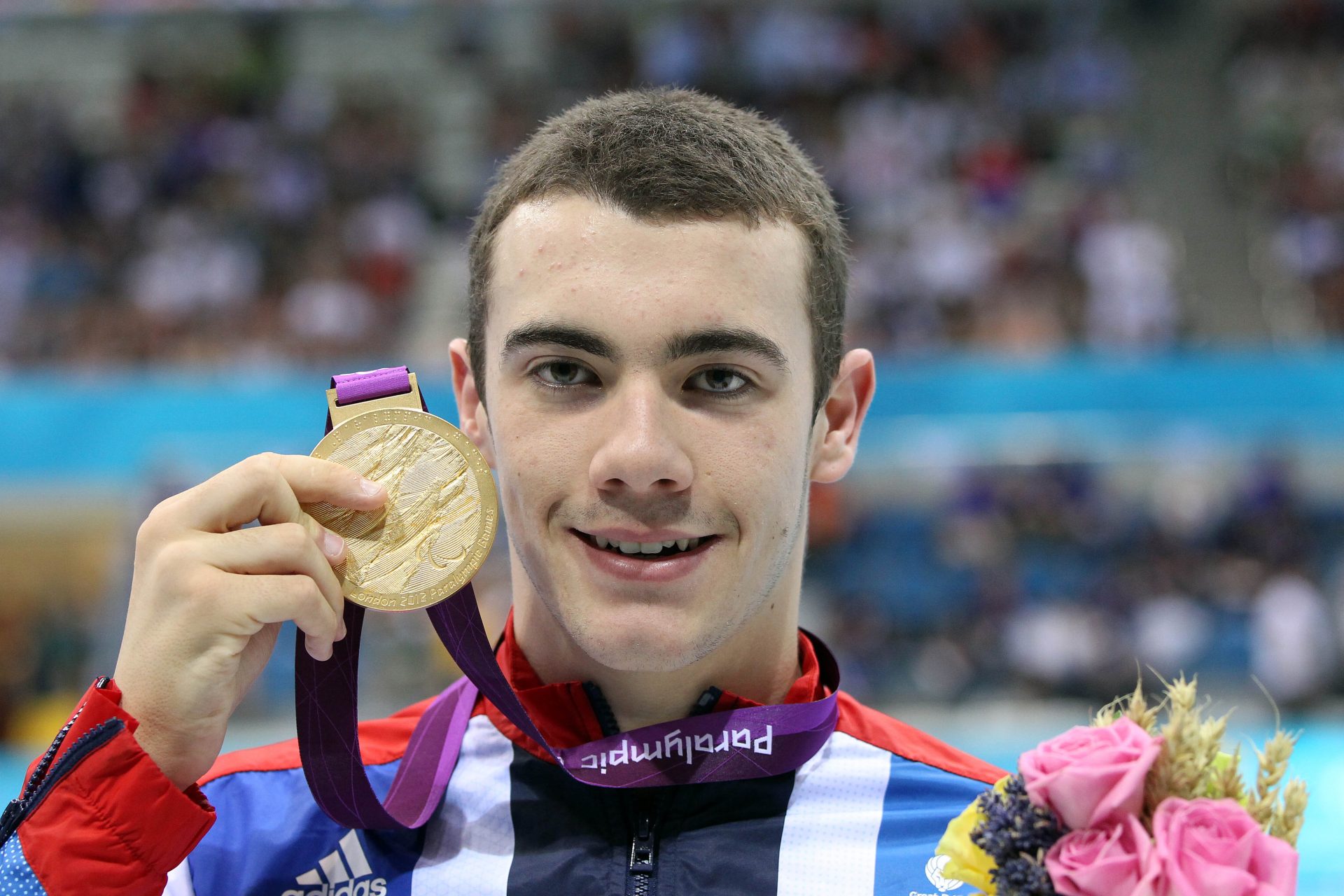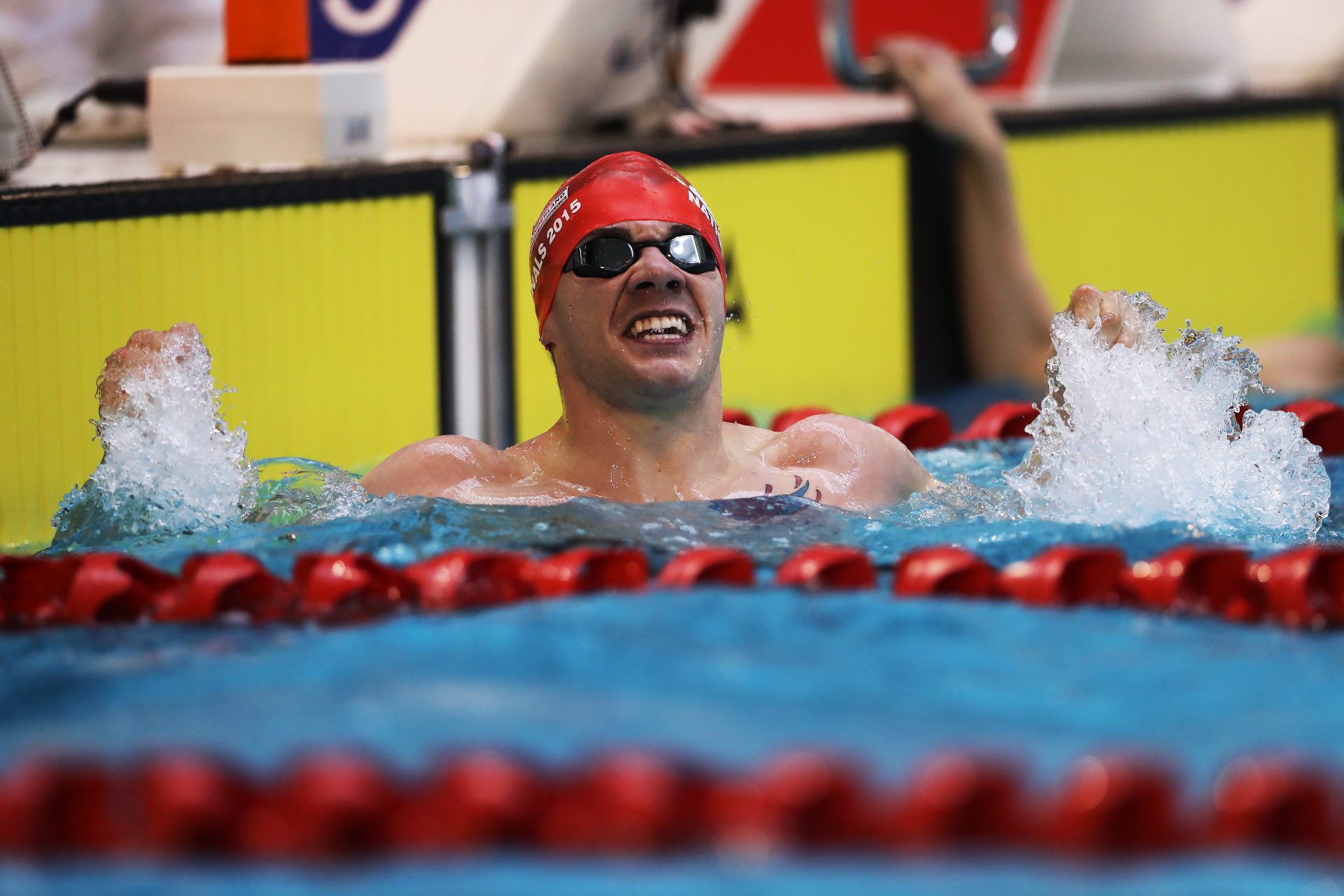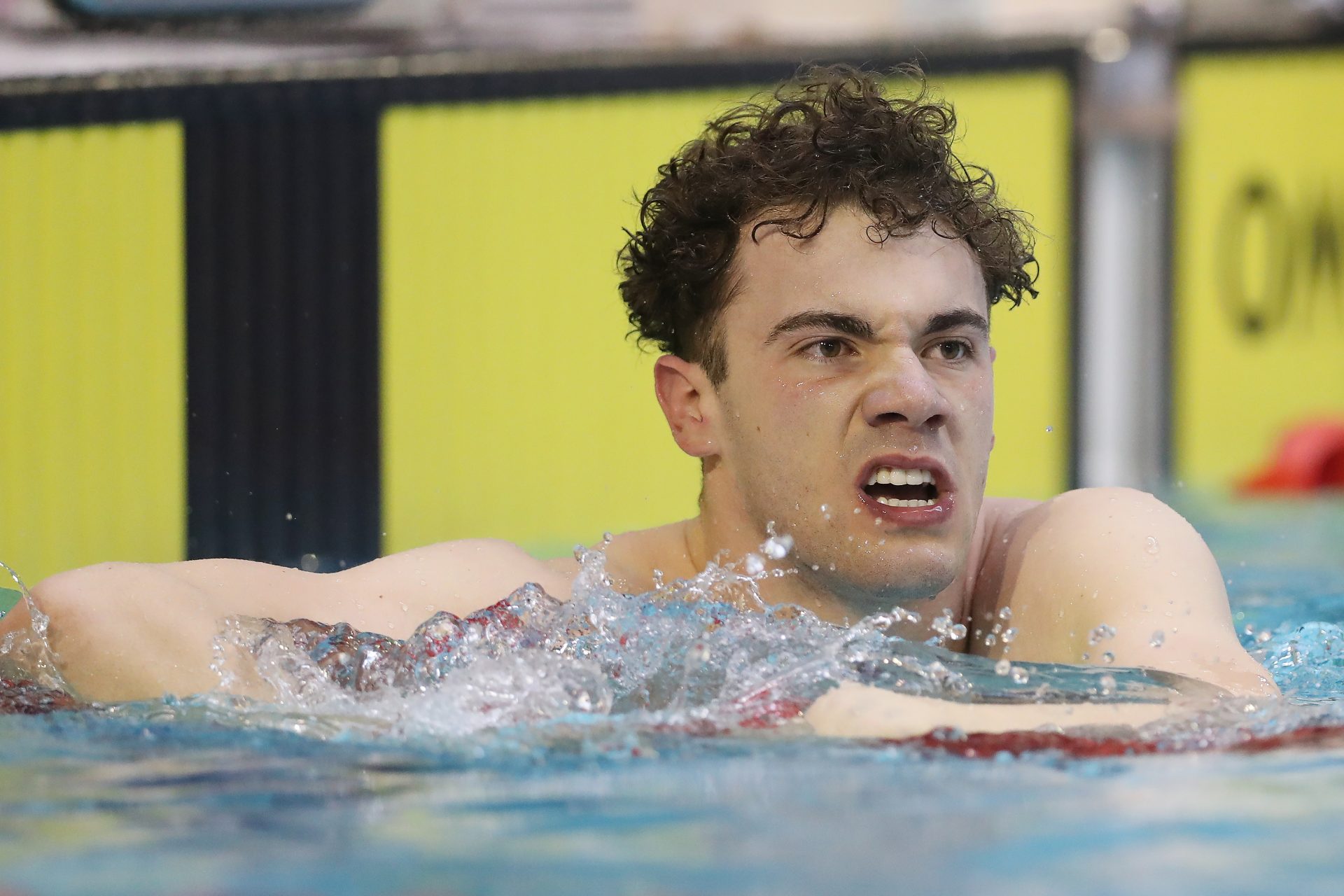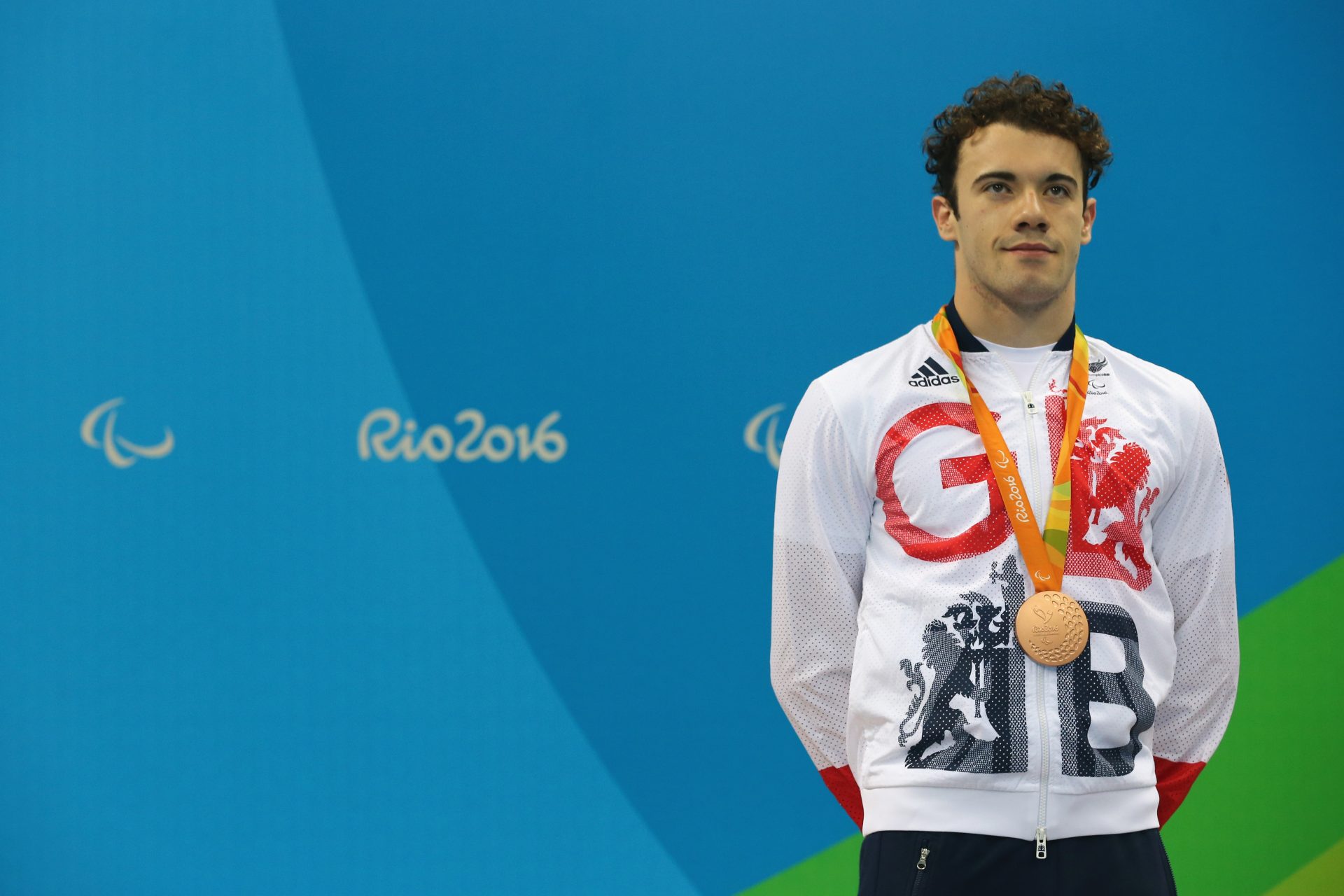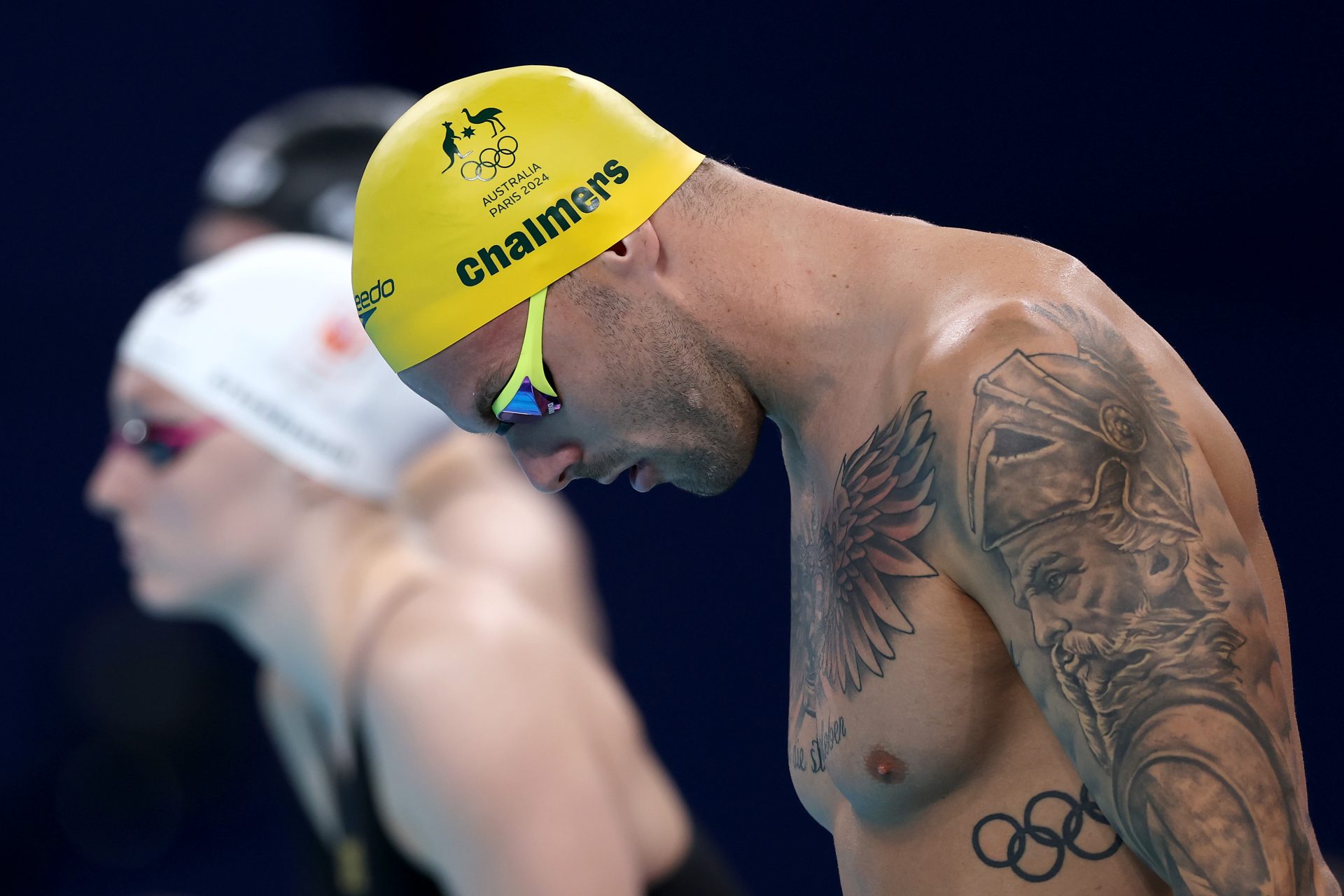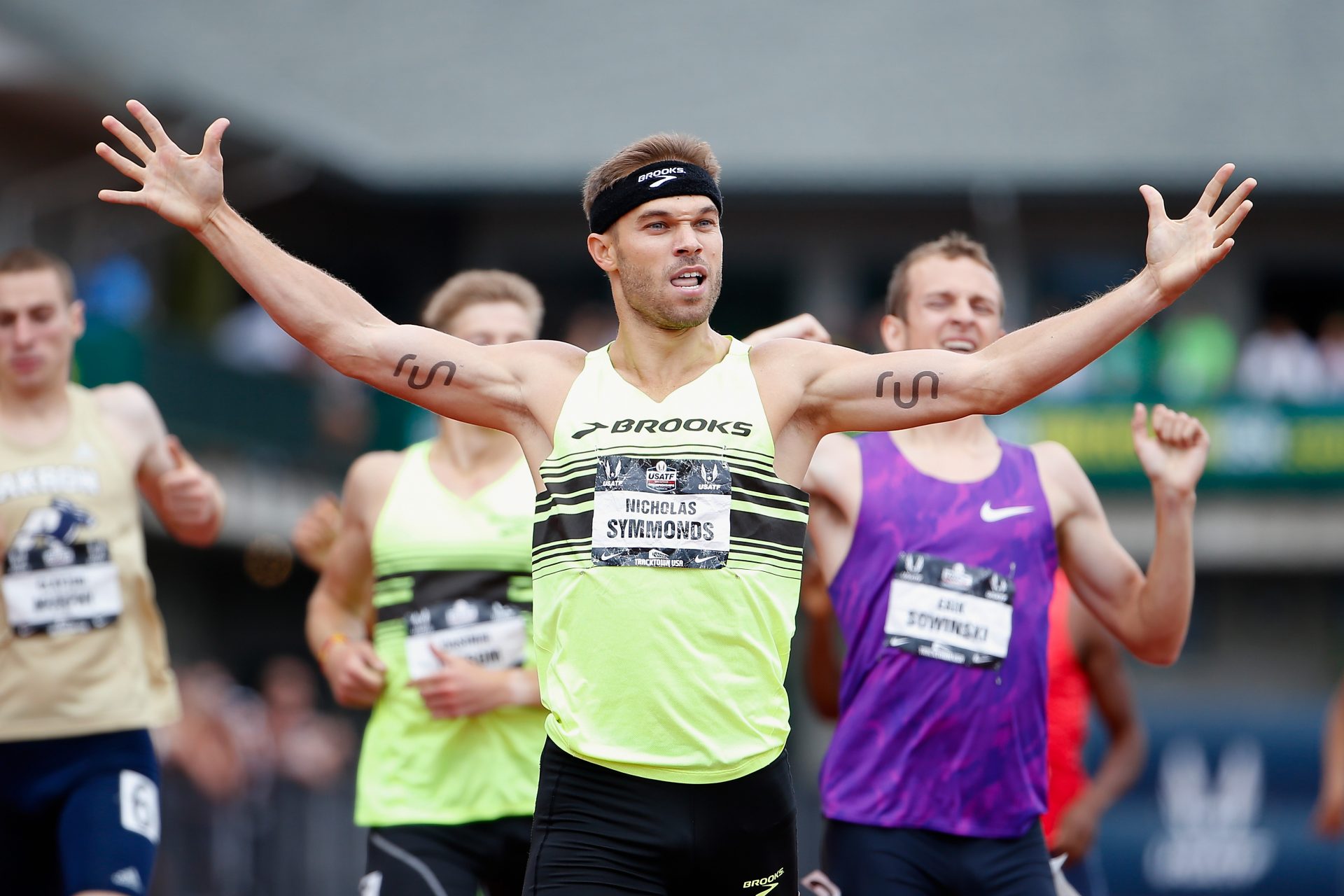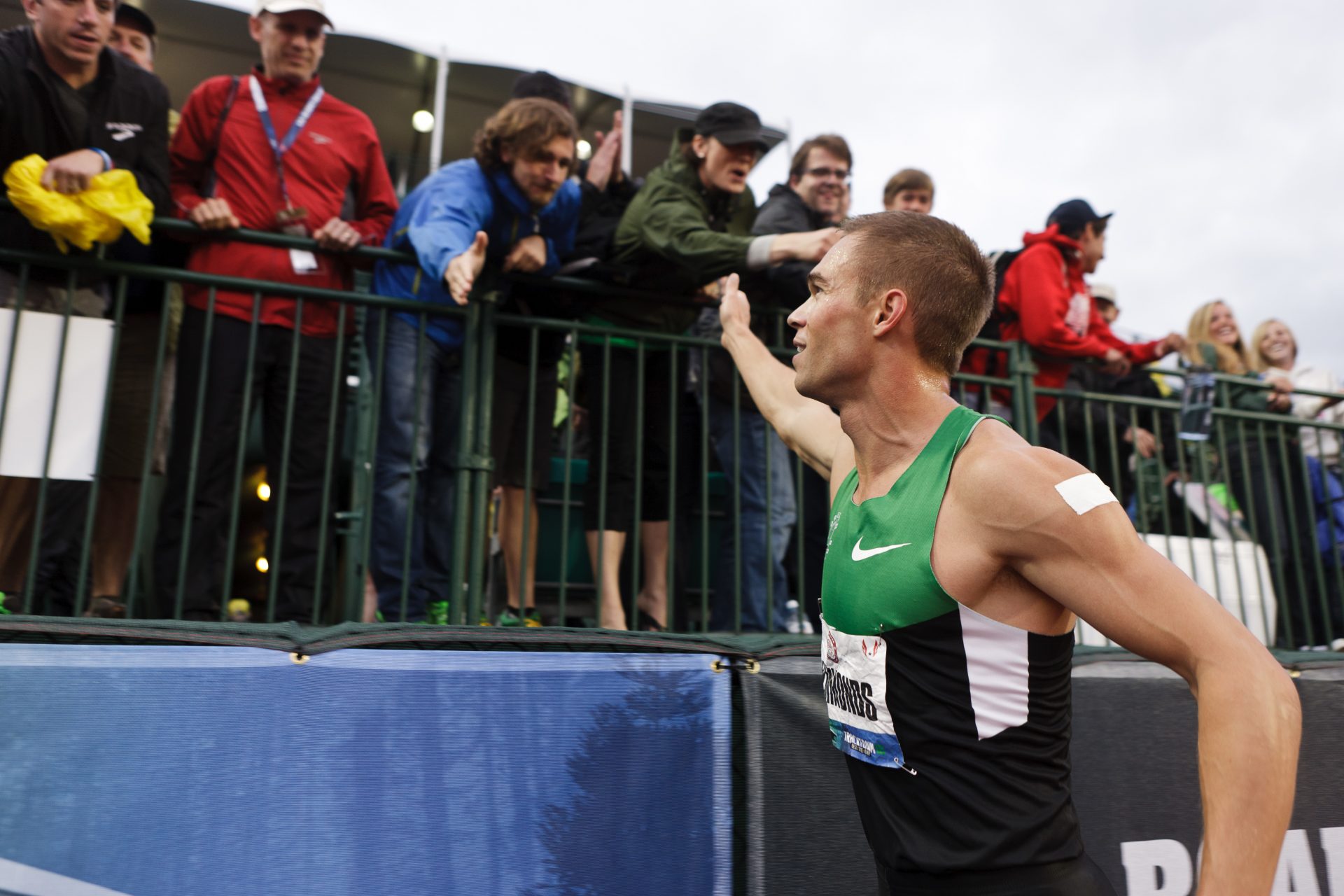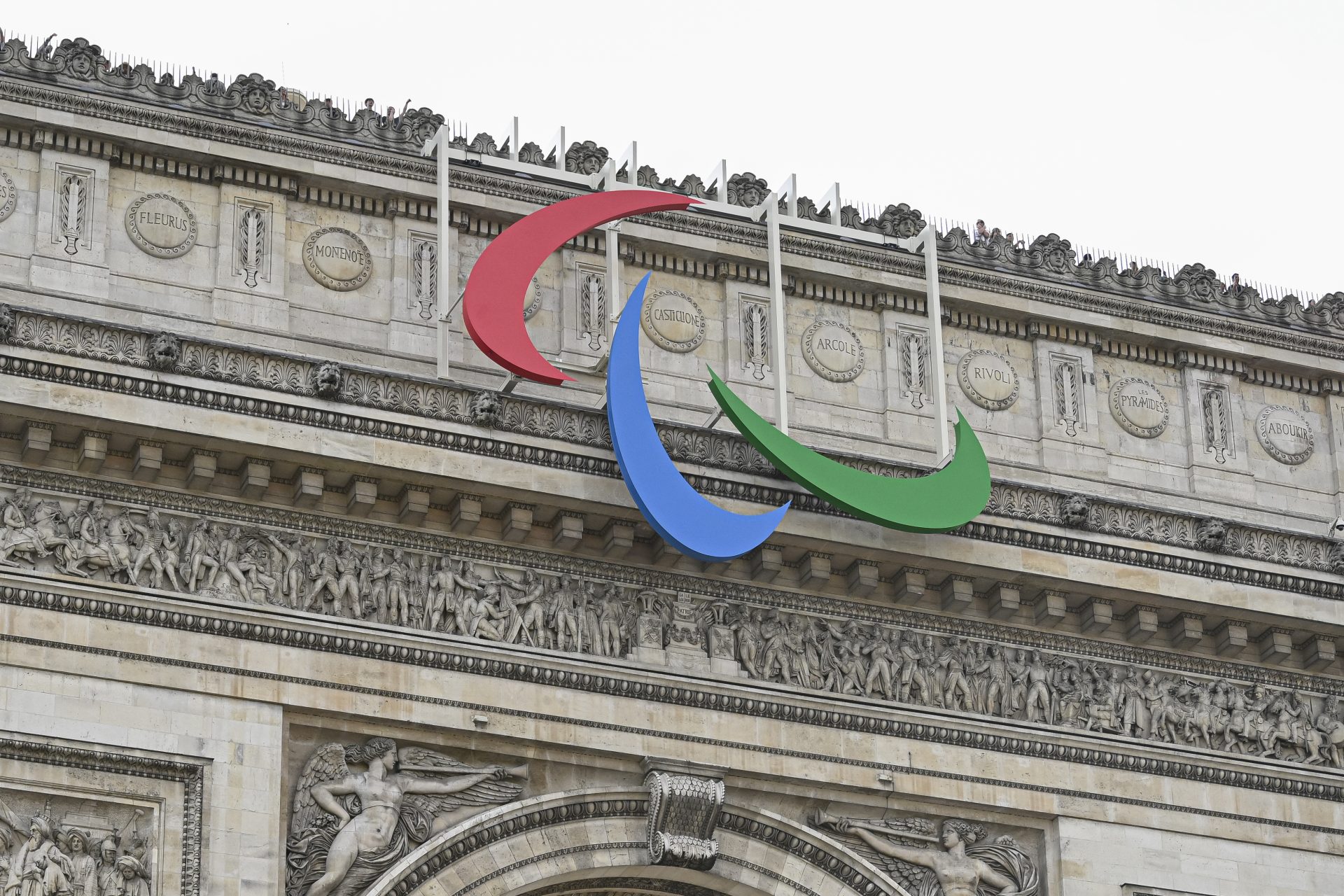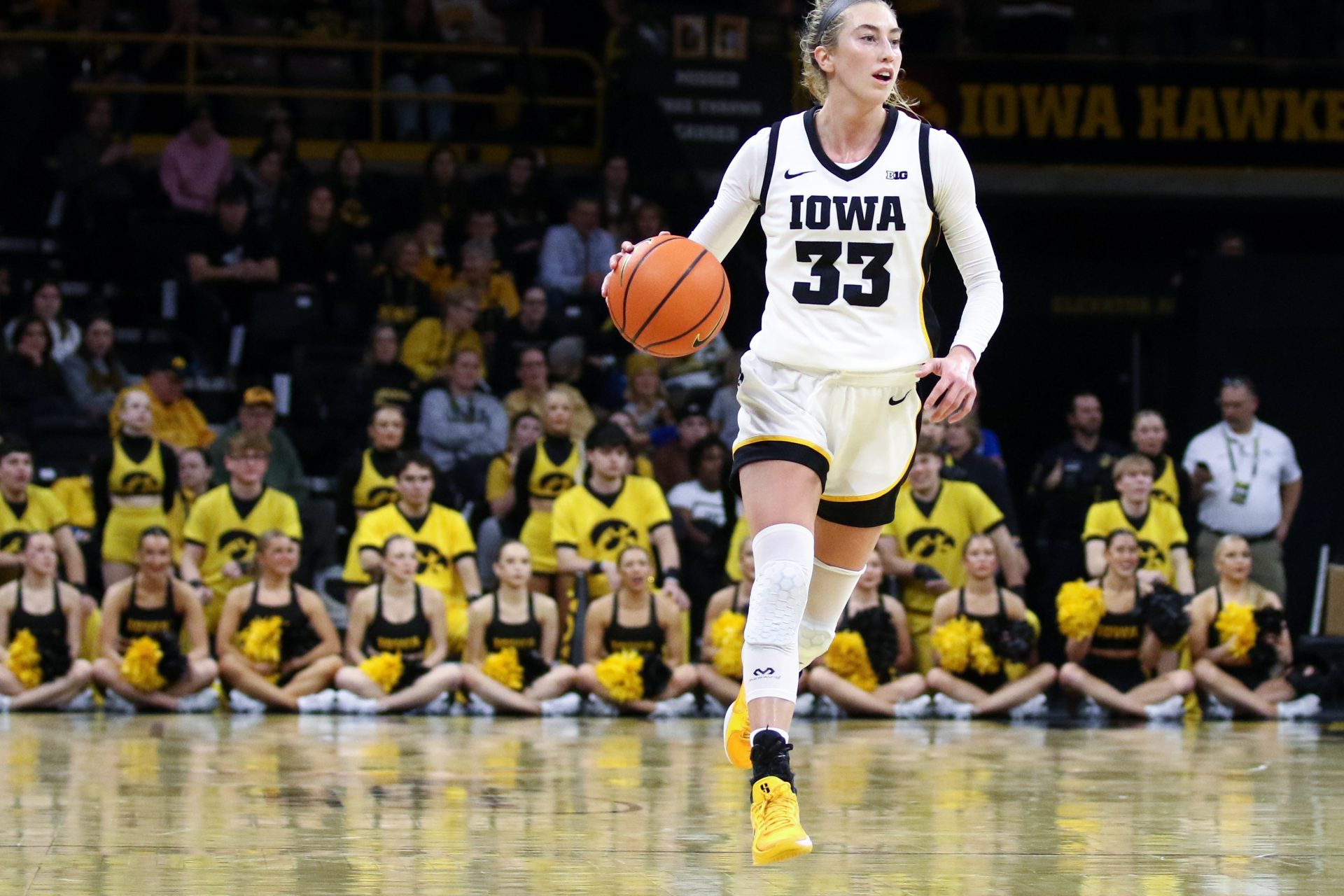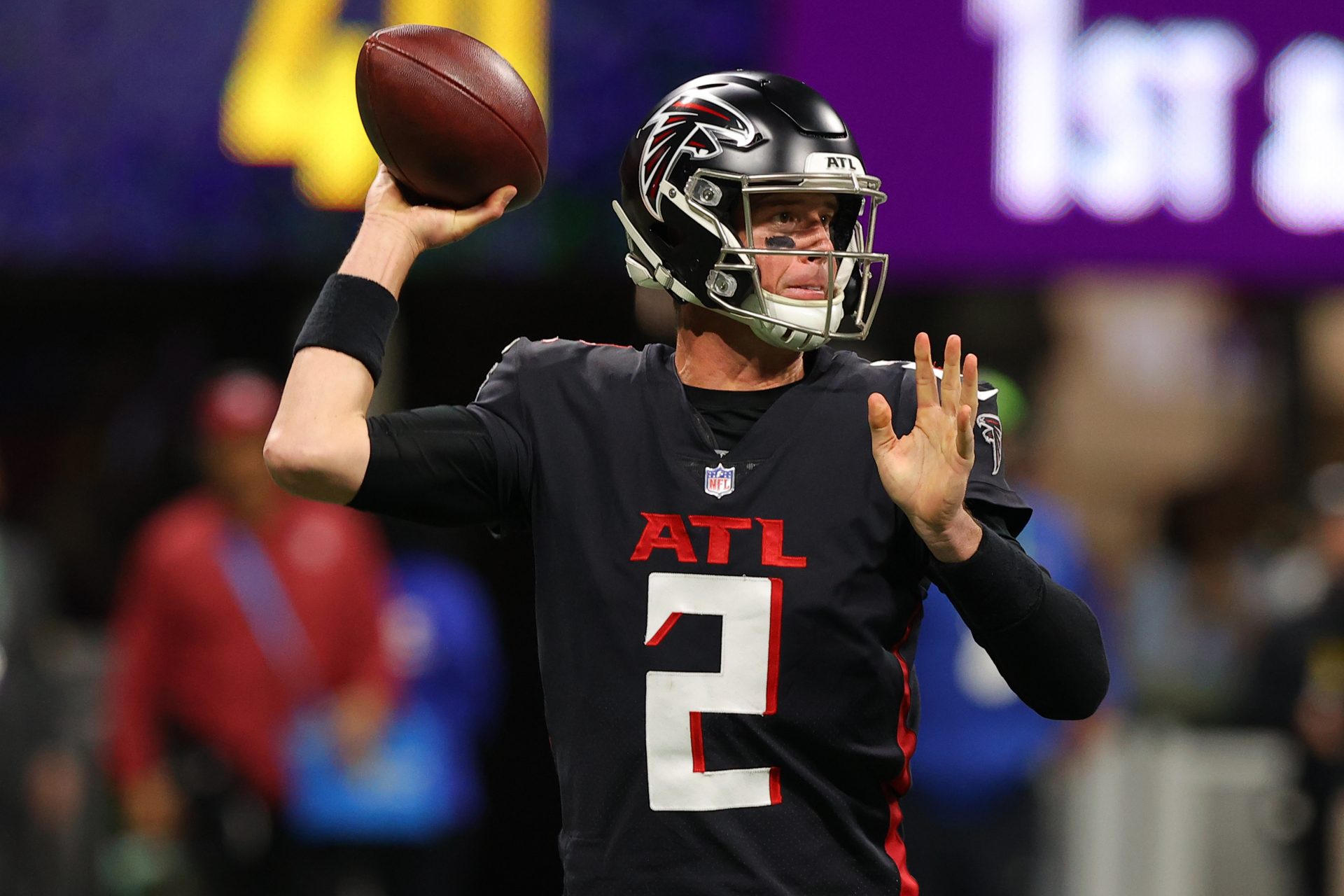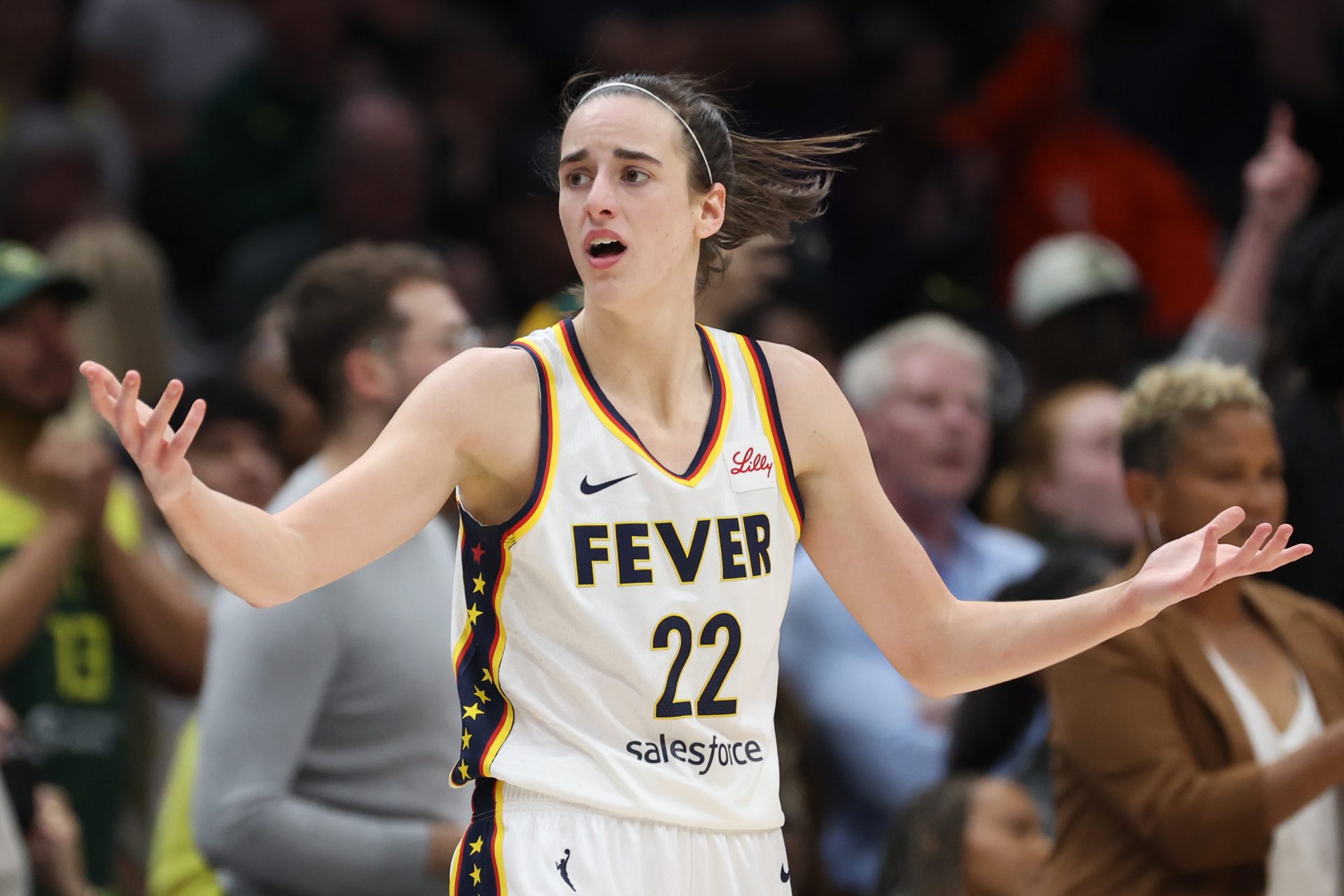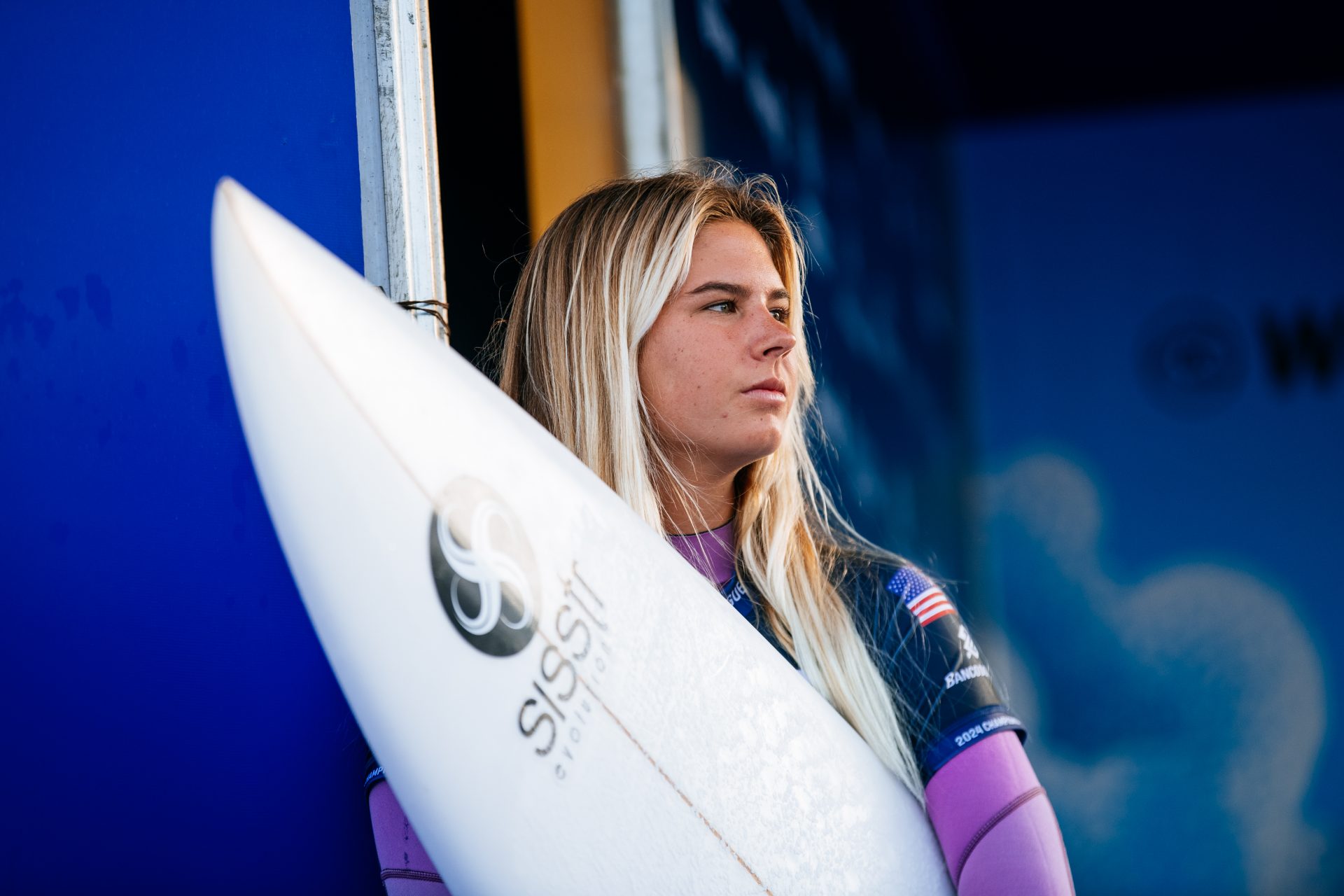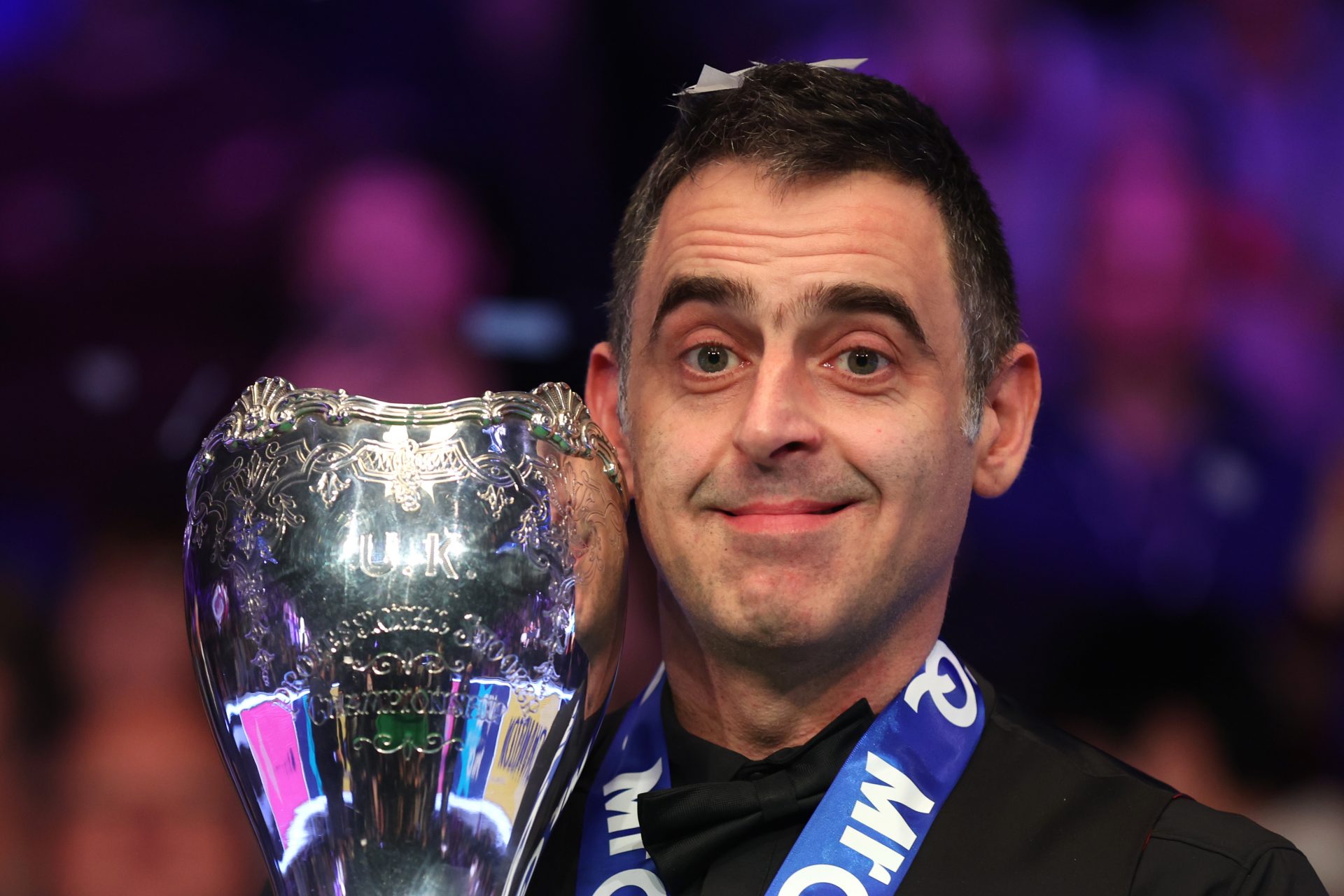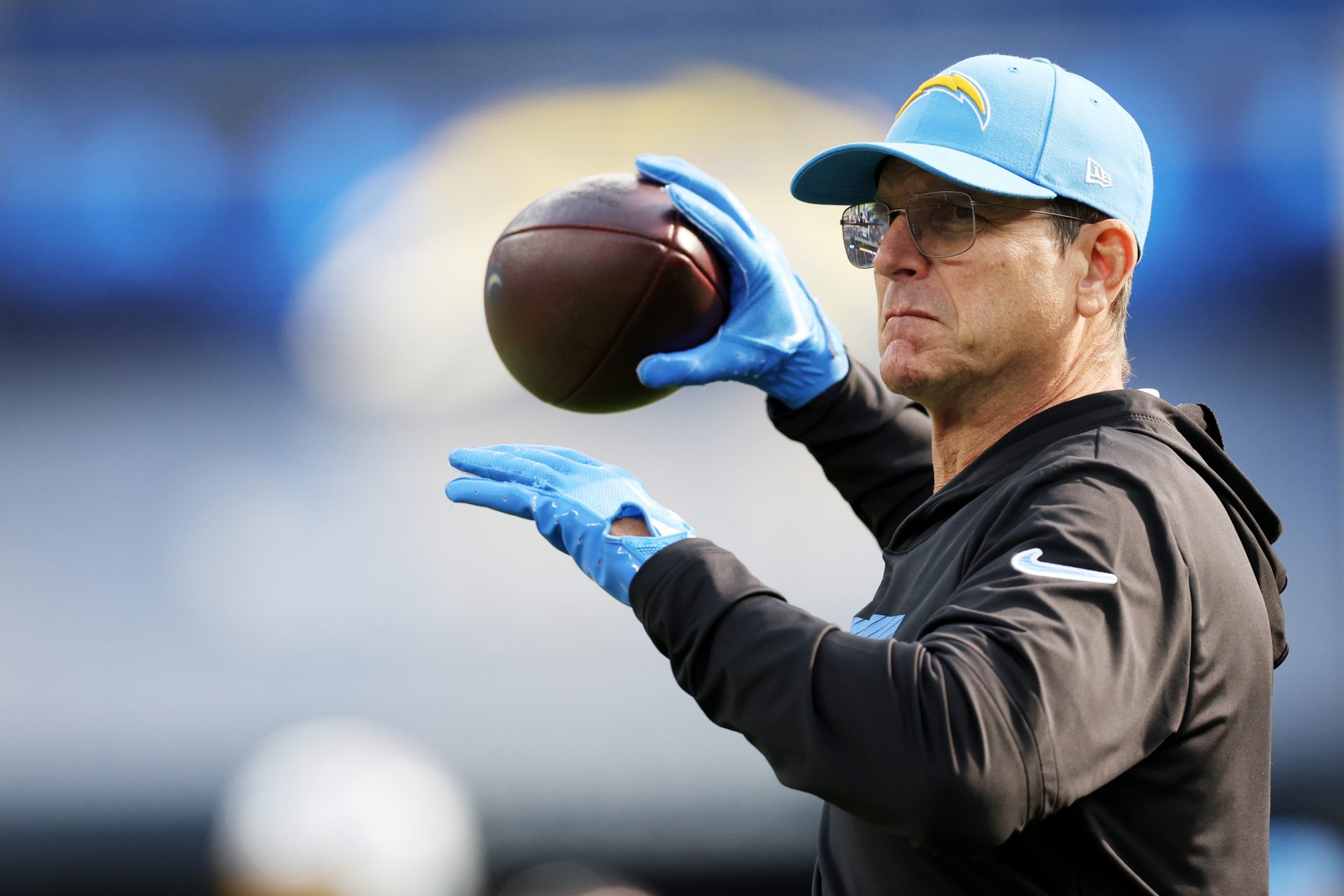The crazy rule that was overturned for the 2024 Paralympics
The 2024 Paralympic Games are entering their final phase, with a controversial rule already overturned before the start of the event.
Paralympians will no longer have to cover up their tattoos of the Olympic rings logo, the International Paralympic Committee (IPC) has confirmed.
It's become a regular occurrence that Olympians have the Olympic rings tattooed to remember their Olympic experience. Previously, Paralympians with the same tattoos would face disqualification if they weren't covered during their events.
Want to see more like this? Follow us here for daily sports news, profiles and analysis!
The rule was enforced by the International Paralympic Committee, a completely separate entity from the International Olympic Committee.
British swimmer Josef Craig, the 400m freestyle S7 gold medallist at the 2012 Olympics, learned about the regulations in brutal fashion in the lead-up to the Rio Olympics in 2016.
According to the Daily Mail, while competing at the International Paralympic Committee Swimming European Championships, Craig was disqualified despite winning his heat of the S8 100m freestyle final.
The Paralympic champion entered the pool with his Olympic rings and his Team GB Lions head tattoos visible on his chest. The IPC said: "Body advertising is not allowed in any way whatsoever and that includes the Olympic rings. The athlete did not wear a cover and was therefore disqualified."
With his body art covered up, Craig won bronze in the S8 100m freestyle in Rio, and finally, due to the ridiculousness of the rule, it won't be enforced by the IPC at the upcoming Paralympic Games in Paris.
Want to see more like this? Follow us here for daily sports news, profiles and analysis!
Aussie freestyle king Kyle Chalmers was able to leap off the blocks with his Olympic rings on full display at the Paris Games earlier this month, and that's because the IOC and IPC had slightly different rules.
Tattoos, including those of the Olympic rings, are usually allowed to be on show at the Olympic Games unless they advertise a product. American middle-distance runner Nick Symmonds would have had to cover his tattoo at Rio 2016 had he not got injured.
According to the Nine website, Symmonds sold 23cm of his arm for $21,800 (€19,635, £16,738) to T-Mobile In the United States, a rival of AT&T, which at the time was a sponsor of USA's Olympic and Paralympic teams.
Craig Spence, the IPC's chief brand and communications officer, said: "Athletes with such tattoos do not need to cover them up," but did not explain why the rule has changed.
Want to see more like this? Follow us here for daily sports news, profiles and analysis!
More for you
Top Stories



